Economics
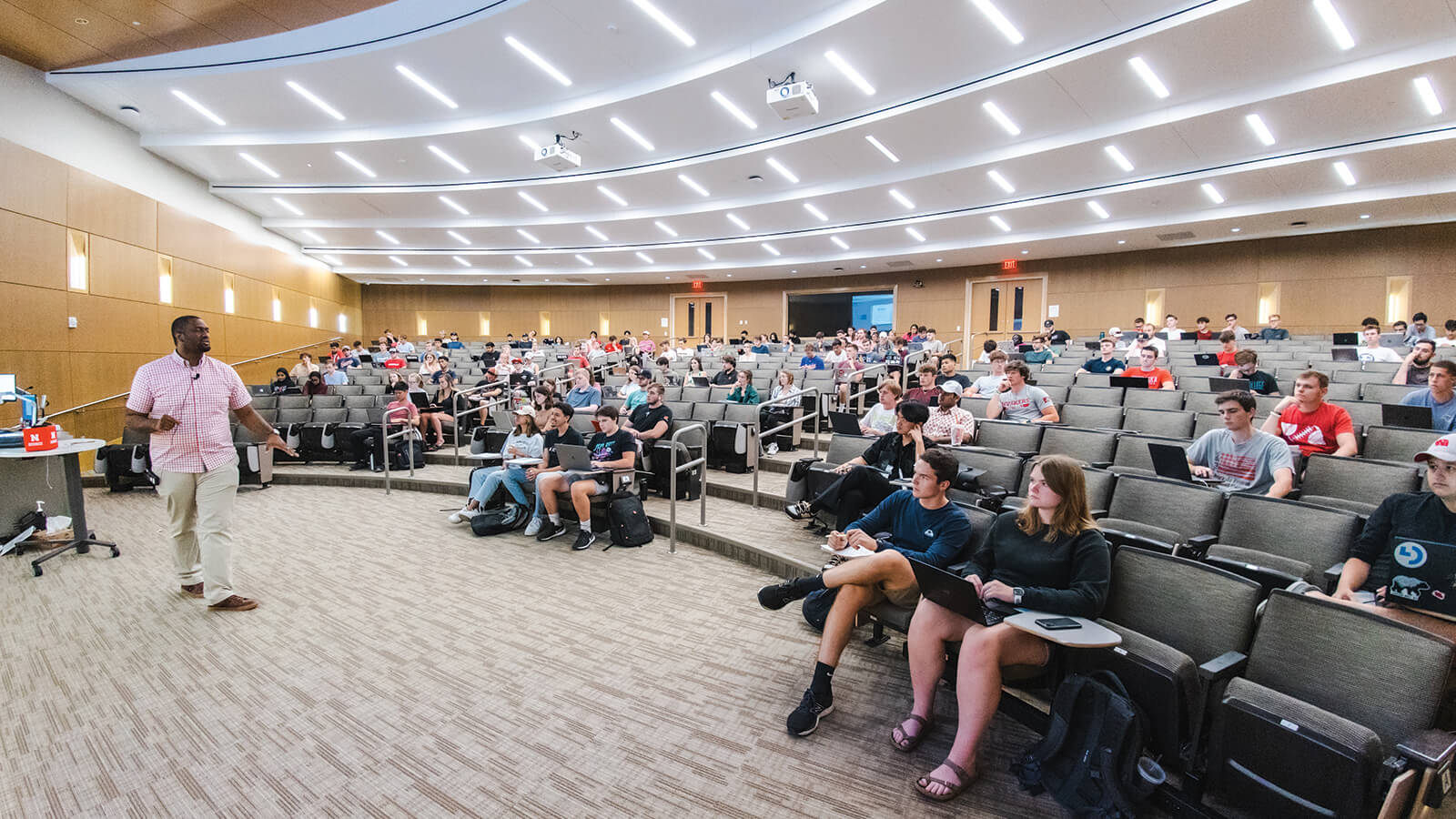
-
Colleges
-
Hours Required
120 credit hours -
Minors Available
Economics
The Nebraska Difference
Hands-on research opportunities as a Bureau of Business Research Scholar
Get involved with five research and outreach centers housed in the Department of Economics
Free 1-to-1 tutoring, academic advising and career coaching
Two Pathways For Economics
College of Arts and Sciences
Pathway provides flexibility to pair your interests in the humanities, sciences and social sciences with economics. Beyond the required economics courses, you will choose from and learn about a wide range of areas. Economics majors in the college often double major or have multiple minors. Receive 1-to-1 career coaching to ensure opportunities after graduation whether you seek high quality employment or pursue an advanced degree.
College of Business
Pathway provides students a wide range of introductory business courses such as accounting, finance and analytics. Economics majors in business often also major in finance. As a business student, you’ll receive hands-on career development through the college’s unique Professional Enhancement Program.
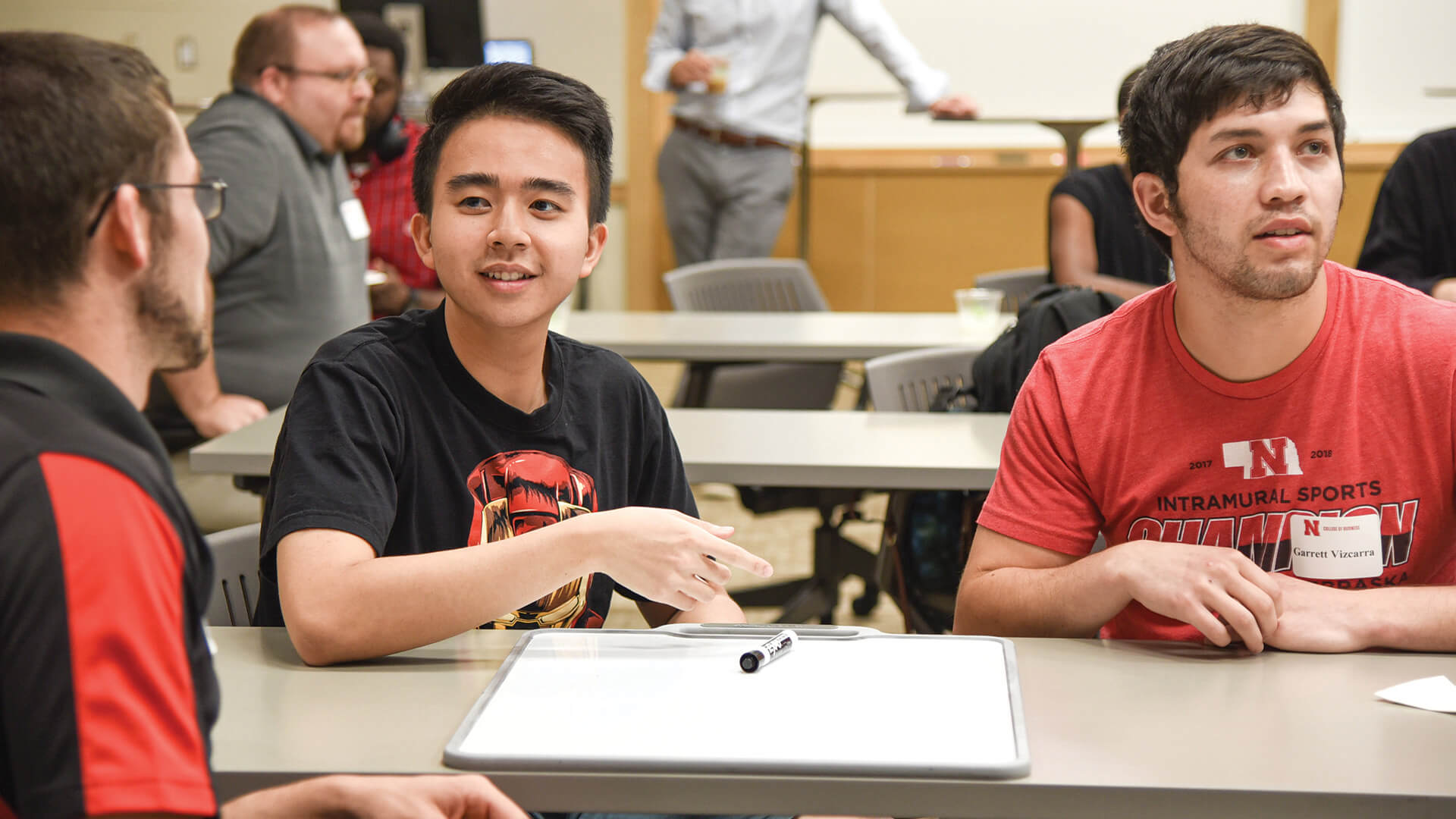
Program Features
Faculty as Experts and Mentors
Our faculty are distinguished experts who have either international experience or a background in business and government. They also advise local, state and federal governments, international organizations, law offices, banks and other businesses.
Hands-On Research Opportunities
Do economic research through the department's research and outreach centers. You can help prepare economic reports, policy analyses and more.
Focus and Range
Dive deep into your economics major while taking a wide variety of courses that prepare you for your career goals. This major’s courses represent 12 areas of economics including: economic theory, comparative international and regional development, econometrics, economic education, economic history, industrial and organization and regulation, quantitative economics, international trade and finance, institutional economics, labor economics, monetary economics and public finance.
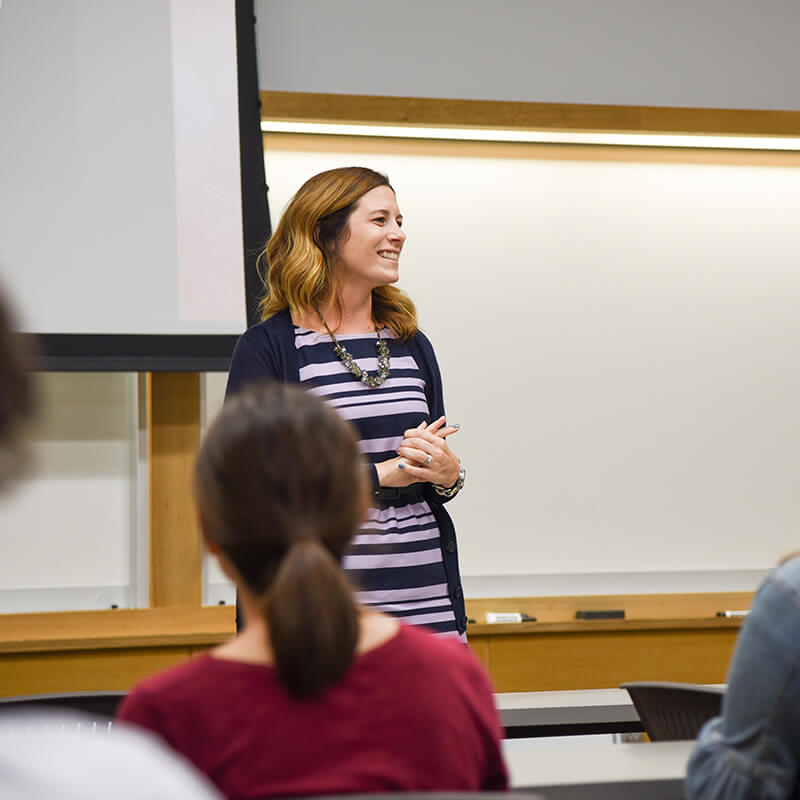
Notable Courses
Economic Data Visualization and Analysis (ECON 315)
Develop data analysis skills, work with real-world data and combine economic theory, statistics and data visualization to study socio-economic issues.
Global Poverty, Growth and Economic Development (ECON 423)
Investigate development problems and the significance of land, labor and capital in less developed countries. Study international trade theories and their impact on economic development.
Applied Game Theory (ECON 435)
Analyze real-world strategic conflicts and coordination problems that raise challenges in the world of business, policy and beyond.
Economic and Financial Management of Sports (ECON 448)
Explore the economic side of college sports and learn how incentives shape teams, athletes and institutions in a rapidly changing landscape.
Economics of Education (ECON 452)
Draw on insights from economic theory, data-driven research and history to examine the U.S. educational system and its impact on economic growth and inequality.
Labor Economics: Inequality and the Future of Work (ECON 481)
Explore the ways that labor markets generate both economic opportunity and economic inequality, and how forces like automation and artificial intelligence are reshaping careers and the future of work.
Explore the 4-Year Plans
Huskers Do Big Things
Career coaches in the College of Business and College of Arts and Sciences support your career development, including help with resumes, applications and interviewing. This major is also a STEM-designated program. This designation supports international students in obtaining a two-year OPT extension that allows you more time to gain work experience in the U.S.
Internships
- Community development intern, Nebraska Department of Economic Development
- Public policy intern, Nebraska Alzheimer's Association
- Legal intern, R. Kevin O'Donnell, P.C., L.L.O.
- Data analytics intern, Sterling Computers
- Intern, Federal Reserve Banks
- Intern, Office of U.S. Senator
Careers
- Brand specialist, Amazon
- Financial institution specialist, Federal Deposit Insurance Corporation (FDIC)
- Investment banking analyst, Stephens Inc.
- Economic analyst, United States Federal Government
- Financial analyst, State of Nebraska
- Geospatial analyst, National Geospatial-Intelligence Agency
Graduate Schools
- Master of Science in Economics, Barcelona Graduate School of Economics
- Master of Applied Economics, Georgetown University
- Master of Science in Finance, Imperial College London
- Master of Financial Engineering, University of California-Berkeley
- Juris Doctor, University of Chicago
- Master of Science in Business Analytics and Decision Sciences, University of Leeds
Outside the Classroom
Get the most out of your collegiate experience by taking advantage of opportunities to get involved. Challenge yourself and make meaningful connections along the way.
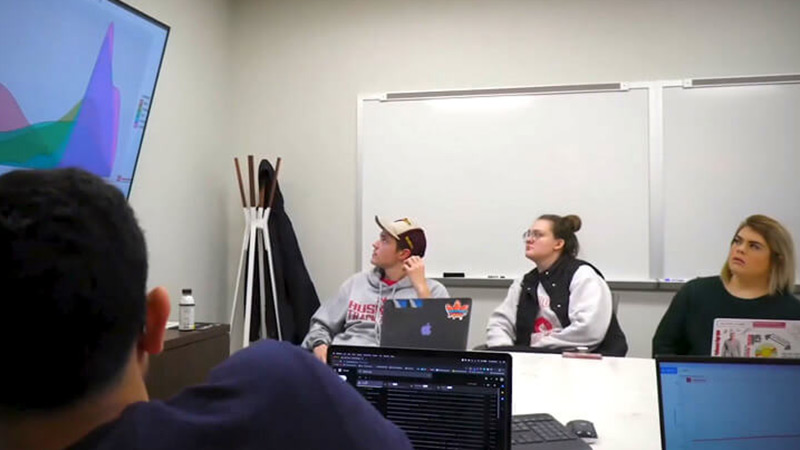
Conduct meaningful research as a Bureau of Business Research (BBR) scholar working with faculty on impactful projects and gaining research experience.
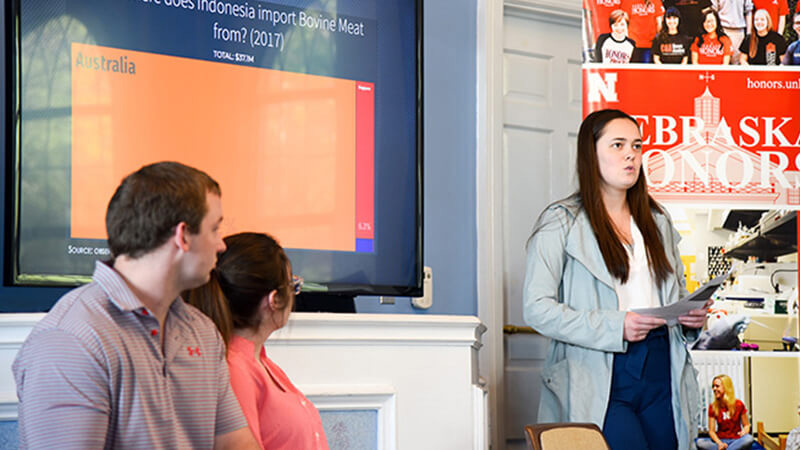
Intern with the Yeutter Institute of International Trade and Finance, where you’ll use your economics skills for the greater good.

Research various economic policy issues alongside faculty through the Undergraduate Creative Activities and Research Experience (UCARE) program.
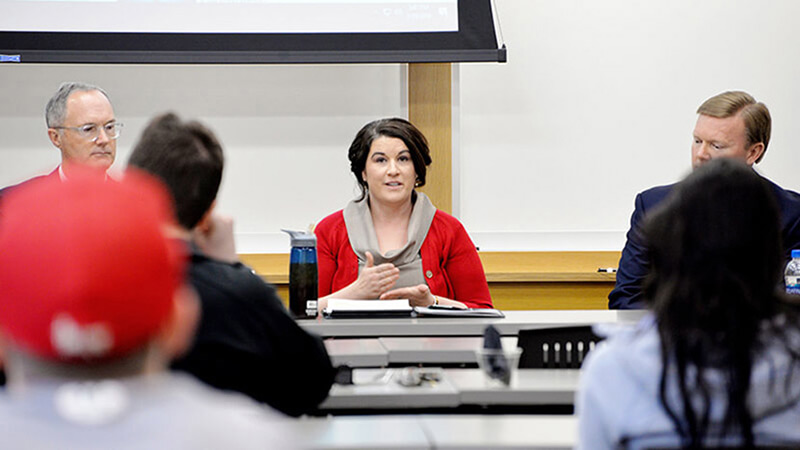
Attend Lunch and Learns
Meet professionals and discuss career options. Recent examples include the Nebraska Bankers Association and Federal Reserve.

Featured Faculty
Sam Allgood, Edwin J. Faulkner Professor of Economics and Faculty Director of the Teaching and Learning Center
Sam Allgood teaches introductory courses, including Microeconomics and Macroeconomics. He enjoys introducing students to economics and watching them observe and understand the world differently. He’s been teaching long enough that all three of his children were coached by his former students. Allgood is a member of the American Economic Association Committee on Economic Education and co-editor of the Journal of Economic Education.
Academics & Experiential Learning
- Work with real data and communicate economic analysis in a proposal.
- Participate in a game theory or stock market simulation.
- Write public policy reports using federal budget data.
Career Preparedness
- Sharpen your critical thinking skills. Develop proficiency in programming languages like R and STATA.
- Learn how to predict price changes and production planning to better lead teams.
- Pair your economics major with a minor or second major to broaden your knowledge in a related area, like political science or history.
Community
- Make friends by joining clubs like the Economics Club, where you’ll discuss current trends and topics.
- Assist the development of local and global economies by using your education to grow communities.
- Help people live more fruitful lives by exploring trends and using data to predict human behavior.
Have Questions? We're Here to Help
If you have questions about the Economics major or navigating the application process, contact us.
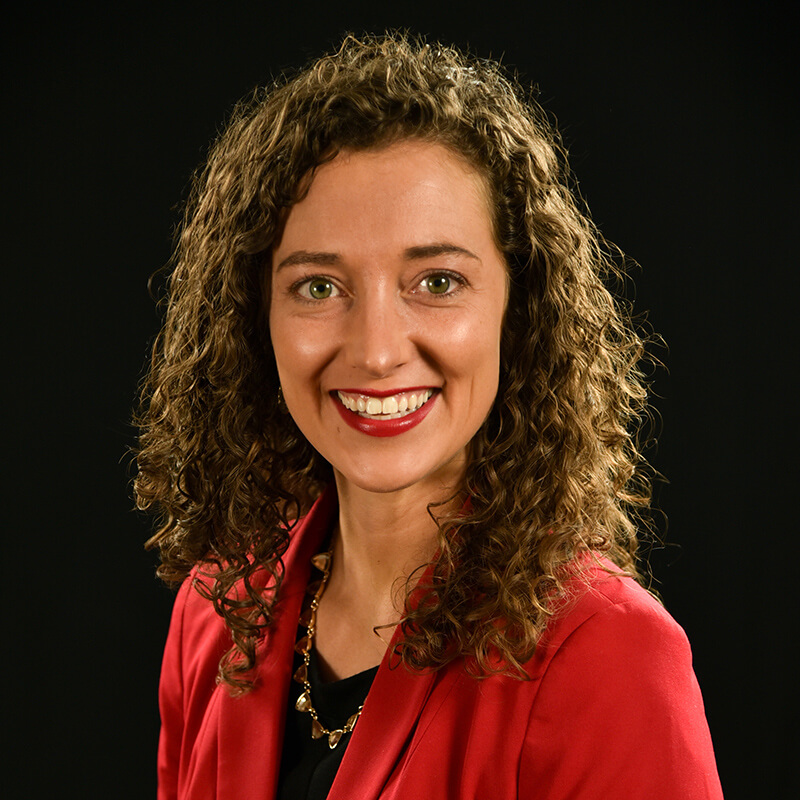
- Contact Name
- Kendra Ritchie
- Contact Title
- College of Business
- Phone
-
-
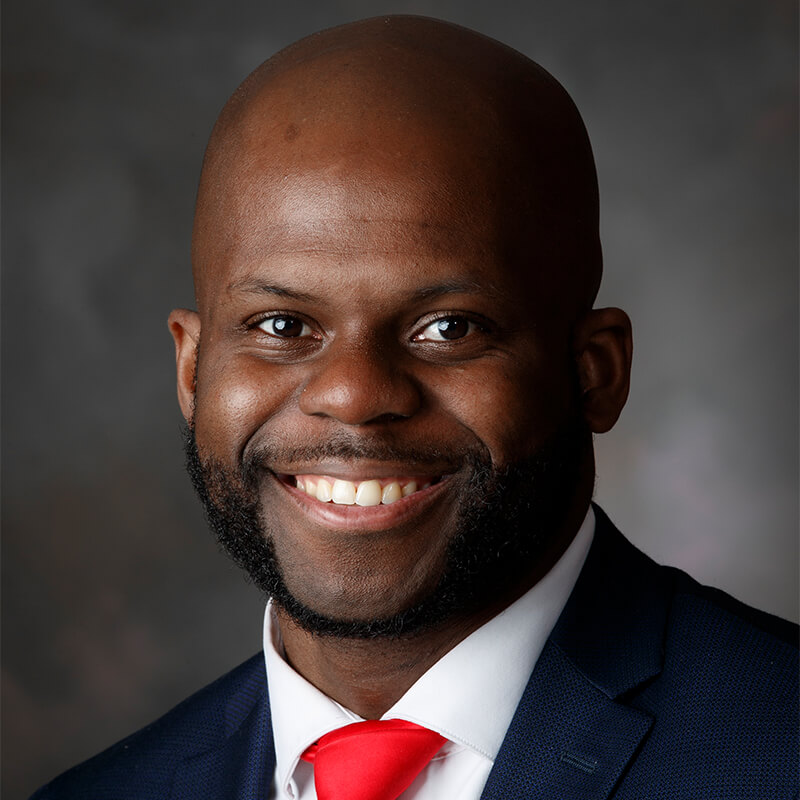
- Contact Name
- Nicholas Gordon
- Contact Title
- College of Arts and Sciences
- Phone
-
-